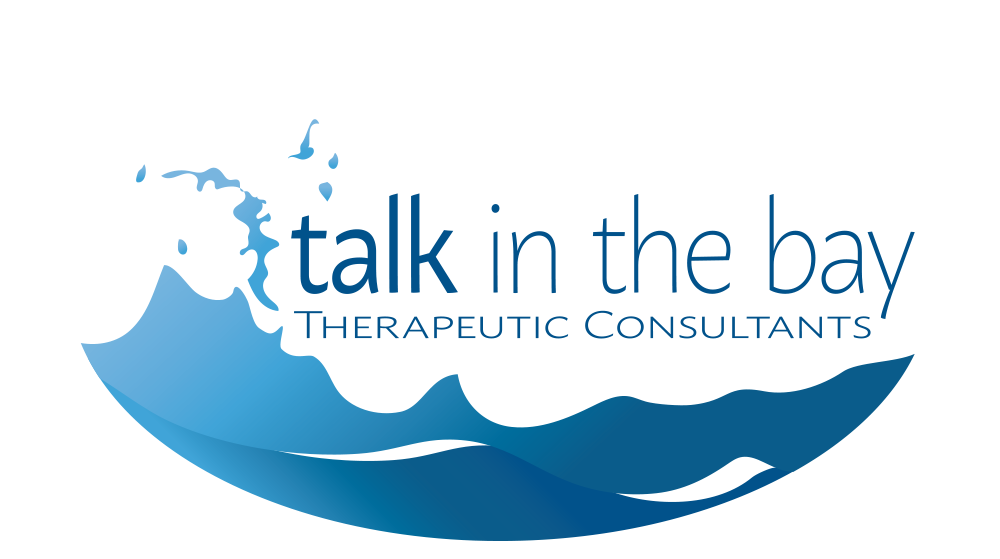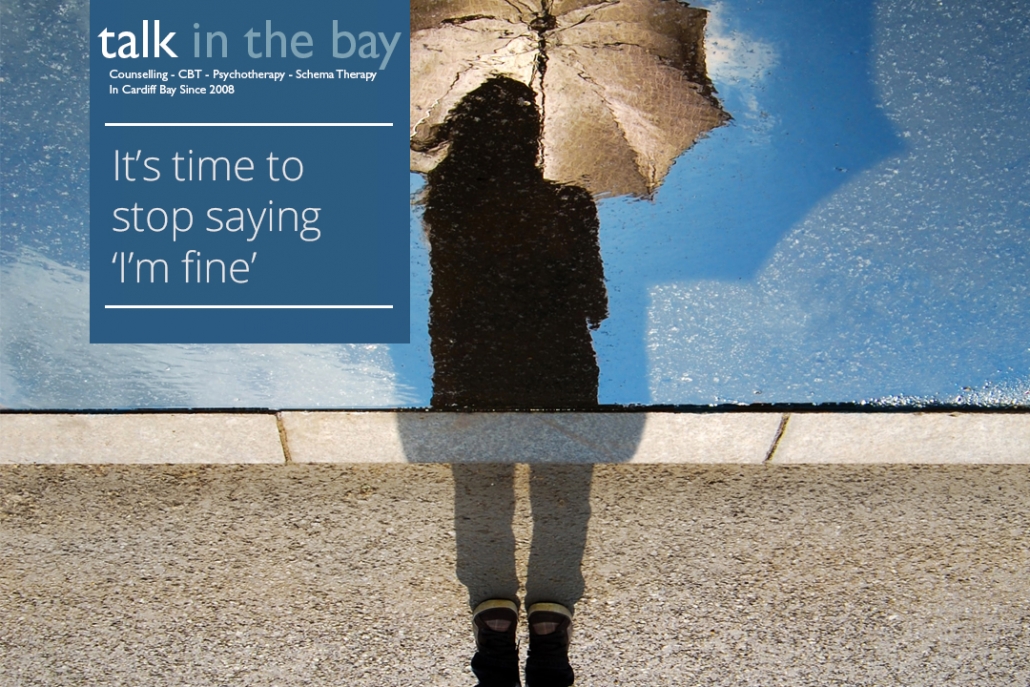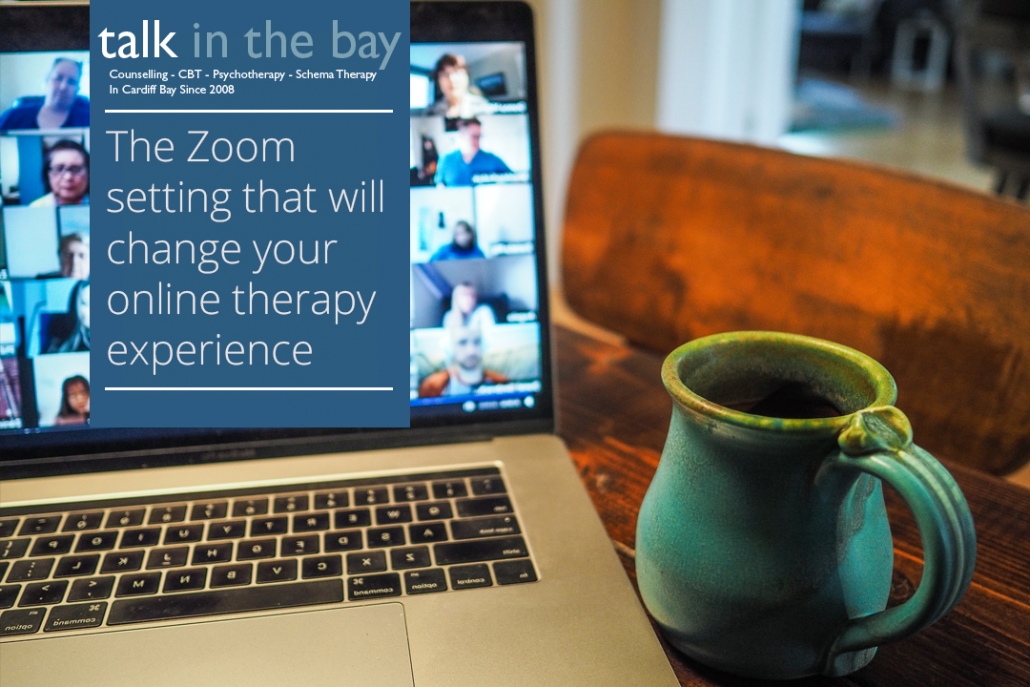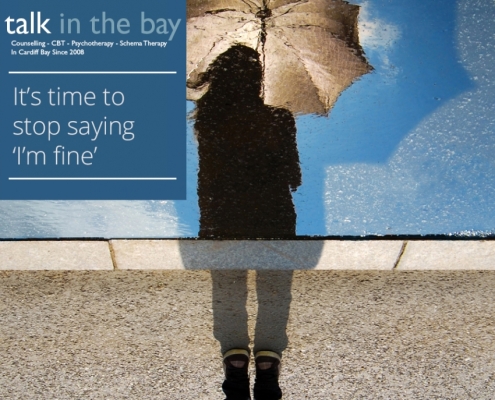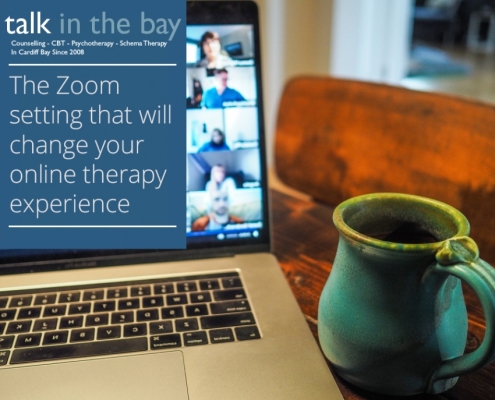What is eating disorder counselling?
Someone who has an eating disorder will be intently focused on their weight and body shape, which they may perceive as being unattractive or overweight. These perceptions lead to changes in eating habits which can affect the person’s physical and mental health.
While eating disorders tend to be more common in certain age groups, they can affect men and women of all ages from all types of backgrounds. Typically eating disorders are a sort of coping mechanism, helping the sufferer to control or deal with difficult feelings – albeit in an unhealthy way.
Eating disorders are complex by nature and there can be a variety of signs and symptoms involved. Alongside the eating disorder itself, many sufferers also feel depressed and may experience other mental health difficulties such as self-harm.
On ITV’s programme Wales This Week: Anorexia and Me (aired 14th May 2018) you can find Catherine Hopes, who specialise in eating disorders here at Talk in The Bay, and some of the young men and women in Wales struggling with an eating disorder discuss the emotional struggles they face.
Do I have a eating disorder?
If your thoughts revolve around food or the way you look, and this is affecting the way you eat – you may be at risk of developing an eating disorder. Doctors typically use a questionnaire called SCOFF to help them diagnose eating disorders, the questions that are asked include:
Sick – Do you even make yourself sick because you feel uncomfortably full?
Control – Do you worry that you have lost control when it comes to the amount you eat?
One stone – Have you recently lost more than one stone in a three-month period?
Fat – Do you think you are fat even though others say you are thin?
Food – Would you say that food dominates your life?
This is generally used as a guide, however more thorough discussions would need to take place before a diagnosis was made. If you are worried about your relationship with food at all, seeking help early could help you from developing an eating disorder in the future.
Causes of eating disorders
There are many different theories as to what causes eating disorders, ranging from media pressure and cultural perceptions of beauty, to issues of control and a need for perfection. The truth is however, that there is rarely one single cause for developing an eating disorder – there are usually a variety of factors at play.
There are thought to be certain risk factors that can make someone more likely to develop an eating disorder, and these include:
- a family history of eating disorders, substance abuse or depression
- being criticised for eating habits, weight or body shape
- feeling a pressure to stay slim within a job role (for example models, ballet dancers or athletes)
- having certain personality traits, i.e. perfectionist, obsessive, anxious
- experiencing a trauma or loss, i.e. sexual abuse or death of a loved one
- having turbulent relationships with friends or family members
- experiencing a stressful time, such as problems at school, university or work.
 https://talkinthebay.co.uk/wp-content/uploads/2022/10/World-Mental-Health-Day-2022-e1716448698921.jpg
563
1080
Carin Stenbeck
https://talkinthebay.co.uk/wp-content/uploads/2022/02/TalkintheBay_Logo_300dpi_Large.png
Carin Stenbeck2022-10-03 13:53:512022-10-04 13:39:59World Mental Health Day 22
https://talkinthebay.co.uk/wp-content/uploads/2022/10/World-Mental-Health-Day-2022-e1716448698921.jpg
563
1080
Carin Stenbeck
https://talkinthebay.co.uk/wp-content/uploads/2022/02/TalkintheBay_Logo_300dpi_Large.png
Carin Stenbeck2022-10-03 13:53:512022-10-04 13:39:59World Mental Health Day 22